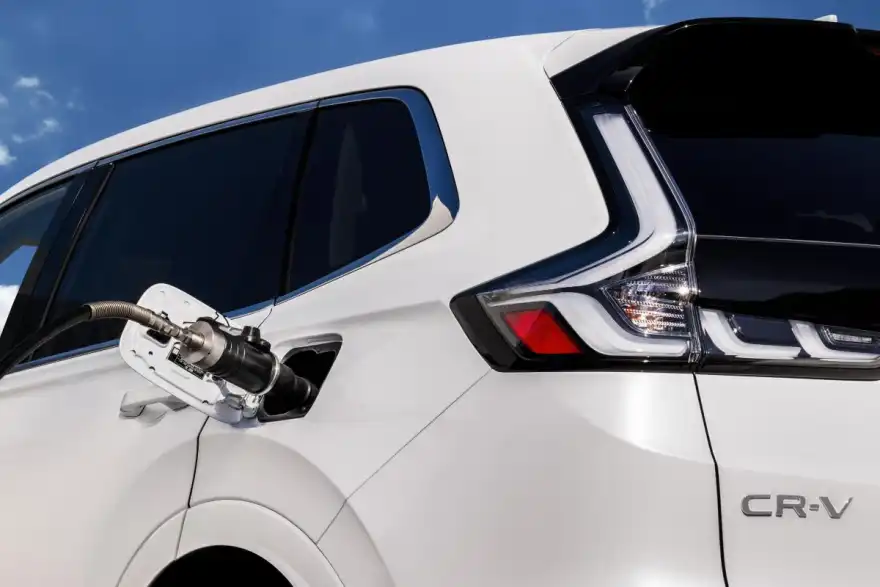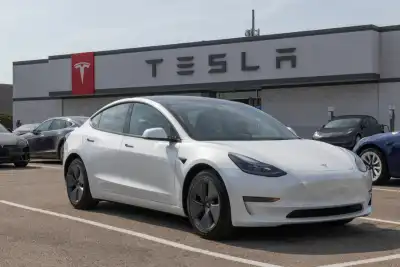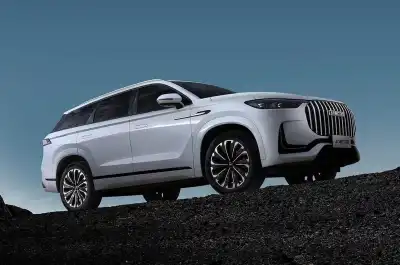
According to new research from the International Council on Clean Transportation (ICCT), hydrogen fuel cell vehicles (FCEVs) could emit 79% fewer greenhouse gases over their lifetimes than petrol or diesel (ICE) cars - slightly outperforming electric vehicles (EVs) powered by renewable electricity, which show a 78% reduction.
EVs Still Leading, for Now
EVs have been positioned as the frontrunners in sustainable transport, now making up one in five new car sales in the UK. The ICCT’s latest EU-focused study found that, on average, an electric car emits 73% fewer emissions than a petrol or diesel equivalent over a 20-year life cycle. That figure improves when EVs are charged using renewable power.
Hydrogen’s Green Potential Depends on the Source
At present, most hydrogen is made from natural gas, and FCEVs running on this type produce only 26% fewer emissions than ICE vehicles. However, if hydrogen is generated using renewable electricity - such as wind or solar - the environmental benefits increase dramatically, surpassing even the cleanest EV setups.
The catch? Green hydrogen is currently expensive and not widely available. For context, hydrogen made from natural gas costs around £12 per kilo, and renewable hydrogen is likely to cost more unless production methods become more affordable.
Where Do the Emissions Come From?
Although EVs and FCEVs produce no tailpipe emissions, their total carbon footprints include manufacturing, which is more carbon-intensive than building petrol or diesel cars. According to the ICCT, EVs typically reach an emissions “break-even point” after about 17,000km (10,500 miles) of driving - at which point their lower running emissions start to outweigh their higher manufacturing footprint.
Thanks to improving tech and cleaner manufacturing processes, EVs have become more efficient. In fact, today’s EVs emit 24% less CO₂ than those built just a few years ago.
What About Hybrids?
Hybrid vehicles offer moderate benefits, emitting 20–30% fewer emissions over their lifetimes compared to ICE cars. Plug-in hybrids (PHEVs) sit at the higher end of that range.
A Note on the Data
The ICCT bases its findings on official manufacturer data rather than real-world testing. Also, not all vehicles last 20 years, so total lifetime emissions could vary in practice. Even so, the overall conclusion is clear: both EVs and hydrogen FCEVs offer significant sustainability gains compared to traditional petrol or diesel engines.




